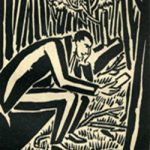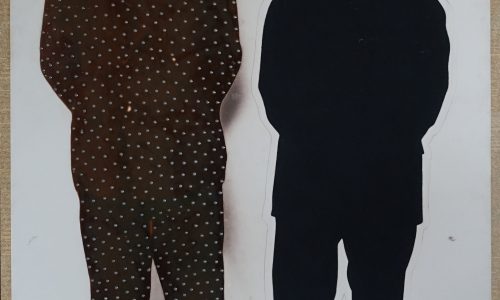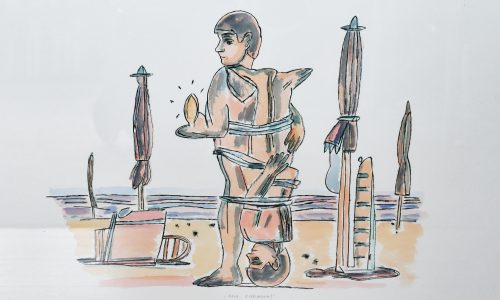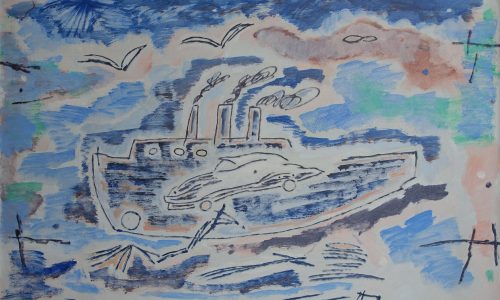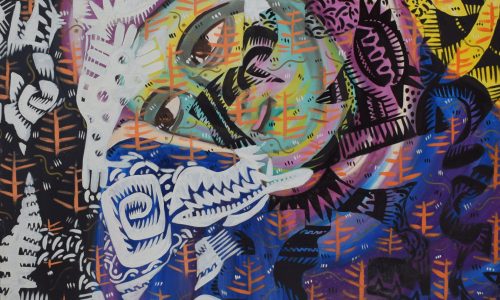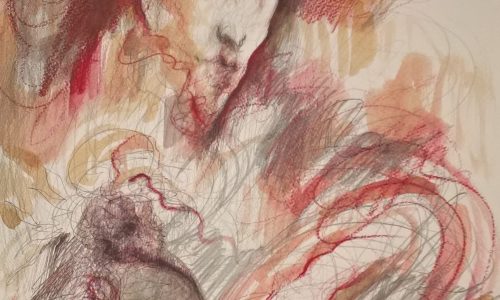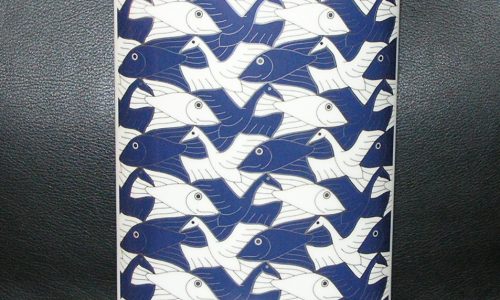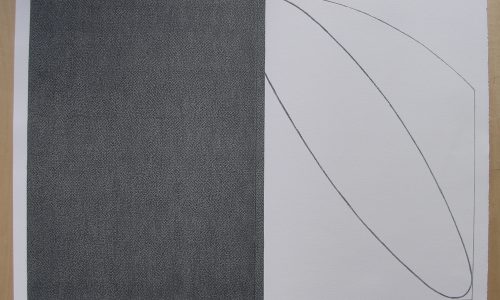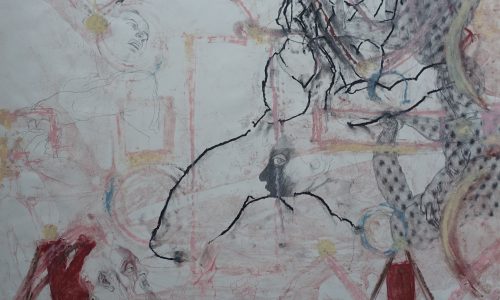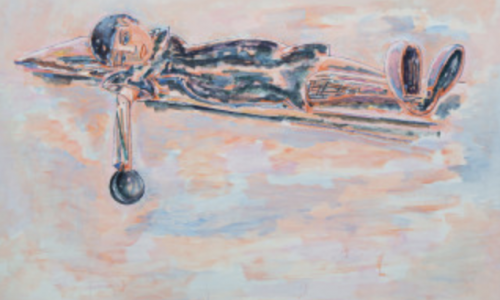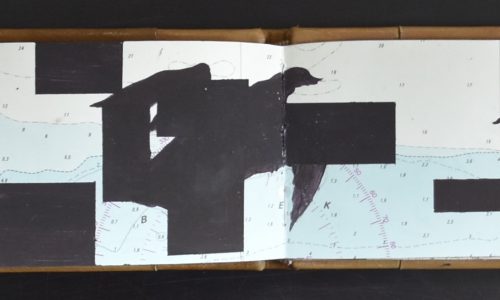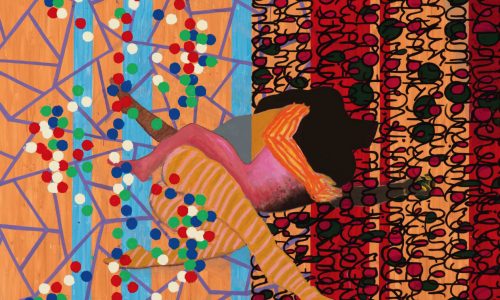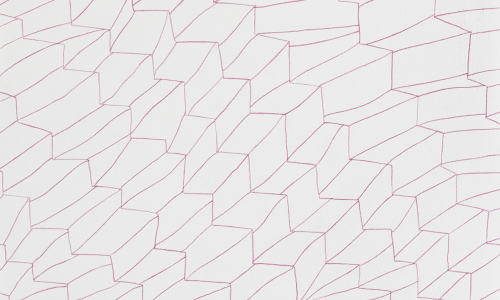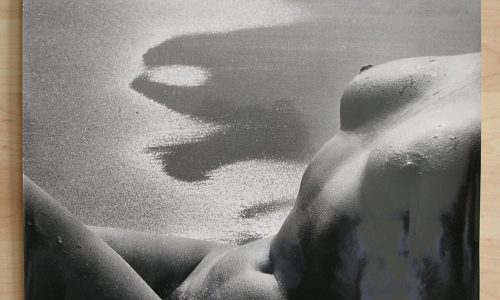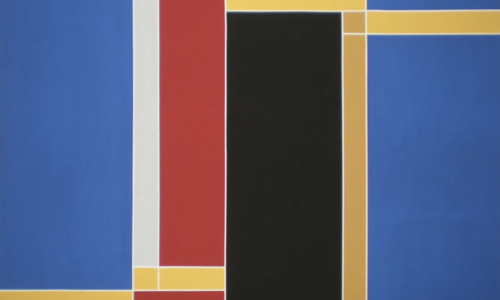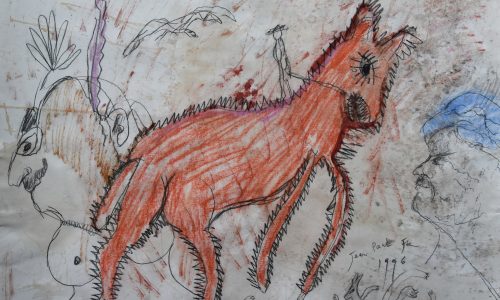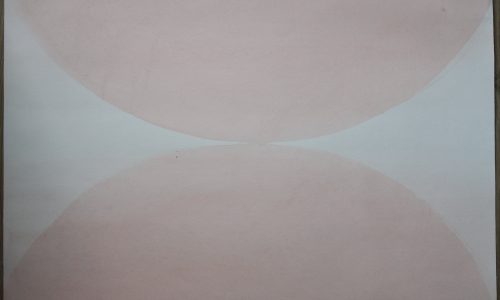
Getulio Alviani was an exceptional Italian artist, renowned for his contributions to Programmed Art and Kinetic Art.
He underwent training in the studio of the revered sculptor Max Piccini before delving into the world of graphic and industrial design for an electrical equipment company. It is during this time that he delves deeper into the realm of visual communication, exploring everything from small control devices to transformable wall structures.
In the late 1950s, Alviani produced his first “light lines,” utilizing meticulously carved metal surfaces arranged in a modular fashion.
In 1962, he made a noteworthy appearance at the Programmed Art exhibition hosted by Olivetti in Venice, Rome, and Düsseldorf. He also joined the esteemed international movement ‘Nove Tendencije’ alongside the ‘Gruppo N’ of Padua, Enrico Castellani, and Piero Manzoni.
From the early 1960s onwards, Alviani’s light lines became an iconic and recognizable feature of his work. They served as prototypes of milled aluminum surfaces adorned with a pulsating texture that eventually became his unmistakable signature. These surfaces boasted transparency and kaleidoscopic effects, morphing based on the angle of incidence and light to create a wide range of captivating images.
Throughout the early 1960s, he actively participated in numerous group exhibitions across Europe, with a particular focus on Berlin, Amsterdam, Frankfurt, and Paris. In 1964, he even displayed his masterpieces at the Musée des Arts Décoratifs of the Louvre Museum during the exhibition ‘Nouvelle Tendance Recherches Continuelles’. This led to more international exhibitions in cities like the United States, Tel Aviv, and Tokyo.
During these formative years, Alviani cultivated meaningful connections with esteemed artists such as Josef Albers, Anni Albers, Max Bill, Hans Richter, Sonia Terk Delaunay, and Lucio Fontana.
www.ftn-books.com has the Kunstcentrum Badhuis publication on Alviani now available.

